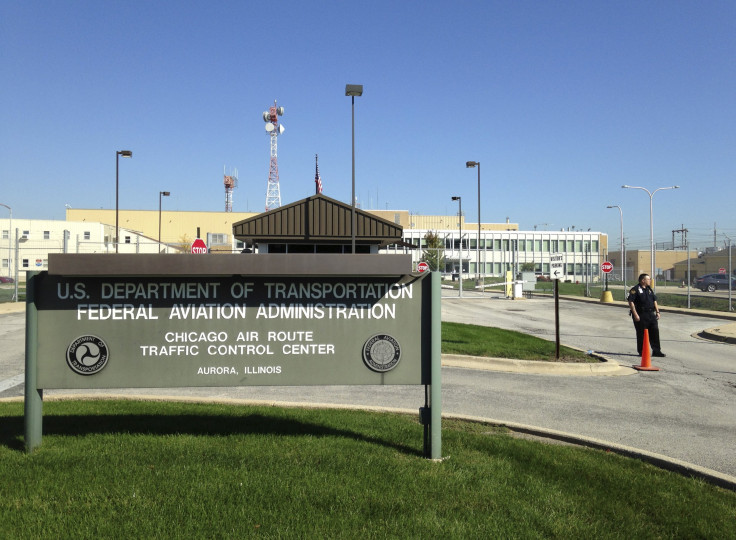Pilots' Mental Health To Be Reviewed By US Experts After MH370 Disaster, Germanwings Crash

The U.S. Federal Aviation Administration (FAA) said Wednesday that a panel of experts will analyze how the FAA monitors the mental health of commercial pilots. The move follows the crash of the Germanwings plane in March and the missing Malaysia Airlines plane MH370.
The Pilot Fitness Aviation Rulemaking Committee (ARC), which includes U.S. and international experts, will analyze methods used to evaluate pilots’ mental and emotional state and barriers to reporting any such issues. Currently, the FAA requires U.S. airline pilots to undergo a medical exam with an FAA-approved physician every six to twelve months, depending on the pilot’s age.
“The group will include U.S. and international government and industry aviation experts, including a working group of medical professionals who specialize in aerospace medicine,” FAA said in a statement, adding: “U.S. pilots undergo robust medical screening, but recent accidents in other parts of the world prompted the FAA to take a new look at the important issue of pilot fitness.”
The ARC team will provide its recommendations within six months, following which the FAA may consider making changes to the testing procedures, aircraft design, pilot training and policies, among other areas. The panel's meetings will not be open to public, the FAA said in the statement.
The study was recommended by the joint FAA and industry group known as the Commercial Aviation Safety Team.
Claudia Lange, a spokeswoman for Deutsche Lufthansa AG, which owns Germanwings, said in a statement, according to Reuters, that the company "highly welcomes efforts that serve to further increase international aviation safety and will fully support these efforts."
The FAA announcement comes two months after the Germanwings disaster on the French Alps that killed 150 people on board after co-pilot Andreas Lubitz locked the pilot out of the cockpit and forced the plane into an early descent.
© Copyright IBTimes 2024. All rights reserved.












